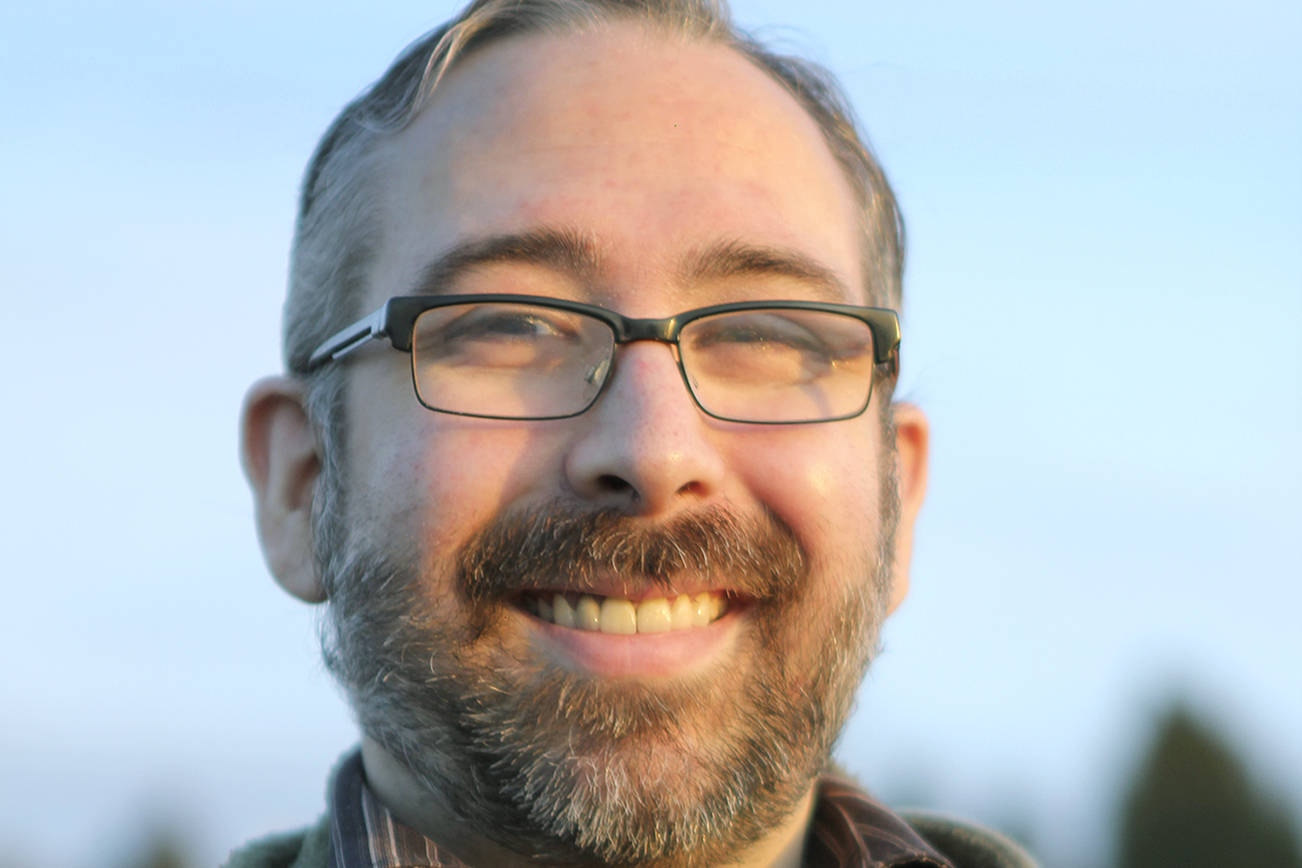A nearly four-year-old political drama came to an end July 6, and not the way Bret Chiafalo of Everett had hoped.
He and two other presidential electors went rogue — and violated state law — in 2016 by not keeping their pledge to vote for Democratic candidate Hillary Clinton, who captured the most votes in the state.
Chiafalo, Esther John of Seattle and Levi Guerra of Warden argued presidential electors can, under the U.S. Constitution, back the candidate of their choice rather than the person who wins the state’s popular vote. Each was fined $1,000.
On July 6, the U.S. Supreme Court said they were wrong. Now they’ll have to pay the fines.
“The Constitution’s text and the Nation’s history both support allowing a State to enforce an elector’s pledge to support his party’s nominee—and the state voters’ choice—for President,” wrote Justice Elena Kagan in the majority opinion.
Washington’s law “reflects a tradition more than two centuries old,” she wrote. “In that practice, electors are not free agents; they are to vote for the candidate whom the state’s voters have chosen.”
In the opinion, Kagan recounts the bumpy history of the Electoral College, from its beginnings at the founding of the nation to its current iteration in which a majority of states sanction electors from straying from their pledges. Along the way she tossed in a reference to Veep, an HBO comedy, and Hamilton, a hit Broadway musical.
“The state instructs its electors that they have no ground for reversing the vote of millions of its citizens,” she wrote. “That direction accords with the Constitution—as well as with the trust of a nation that here, We the People rule.”
Justice Clarence Thomas agreed with the result but not the reasoning and wrote separately.
“In my view, the Constitution is silent on States’ authority to bind electors in voting,” he wrote in a concurring opinion. “I would resolve this case by simply recognizing that ‘(a)ll powers that the Constitution neither delegates to the Federal Government nor prohibits to the States are controlled by the people of each State.’”
Chiafalo called the decision “the end of a long journey. I respect the high court of the land’s ruling but I disagree with it.”
The “original intent” of the framers of the Constitution “didn’t come into play,” he said. “That’s what frustrated me the most.”
Chiafalo said he found Thomas’ concurrence “more logical” though he still differed with the conclusion.
Monday’s ruling averts potential chaos in this fall’s election and may invigorate a conversation on how the nation chooses its leader.
Chiafalo and Lawrence Lessig, attorney for the Washington electors, said the rules and boundaries for electors needed clarification. The Supreme Court on Monday also reversed a lower court ruling which had prevented Colorado from sanctioning its faithless electors.
“The Court has spoken. It will be interesting to read what those who pay attention to the details have to say,” Lessig tweeted. “But I am very happy the question of whether electors are ‘electors’ is now answered before it creates a crisis.”
In a statement, Secretary of State Kim Wyman said she was “pleased to see that the U.S. Supreme Court upheld our role to ensure the popular vote of the people is represented in the electoral votes cast.”
Attorney General Bob Ferguson, whose office argued on behalf of the state, released a statement on Twitter, saying justices “reaffirmed the fundamental principle that the vote of the people should matter in choosing the President. If we had not been successful, many observers, including several justices, noted the upcoming elections could have been thrown into ‘chaos’.”
Monday’s ruling upholds the 2019 decision of the Washington Supreme Court that concluded the state is empowered under the U.S. Constitution not only to draw up the rules for electors but also to determine how to enforce them.
Chiafalo, Guerra and John signed pledges to cast their votes for the party’s nominee, Clinton, if she won the popular vote in Washington, which she did. In Washington, Clinton received about 521,000 more votes than Donald Trump. Nationally, she received about 2.8 million more votes.
But they didn’t keep their word, backing former U.S. Secretary of State Colin Powell, a Republican they considered a better choice than Trump. A fourth elector also went rogue and voted for Faith Spotted Eagle, a Native American leader in South Dakota. This person did not join the lawsuit.
What they did wasn’t a surprise. Chiafalo helped found Hamilton Electors, which at the time was conducting a national campaign to derail Trump’s presidency by getting electors of both parties to break their pledges and vote for a different Republican to be the nation’s leader. If they could deny Trump a majority, the U.S. House of Representatives would choose the president.
The plan failed. Across the country 10 electors did vote for someone other than Clinton or Trump. Five presidential elections have been decided by smaller margins. The most recent occurred in 2000, when President George W. Bush defeated Democrat Al Gore by five electoral votes.
Washington no longer imposes fines on faithless electors. A 2019 law says if an elector does not follow the will of Washington state voters, their position is declared vacant, and an alternate elector is selected in their place.
Talk to us
Please share your story tips by emailing editor@kentreporter.com.
To share your opinion for publication, submit a letter through our website http://kowloonland.com.hk/?big=submit-letter/. Include your name, address and daytime phone number. (We’ll only publish your name and hometown.) Please keep letters to 300 words or less.

